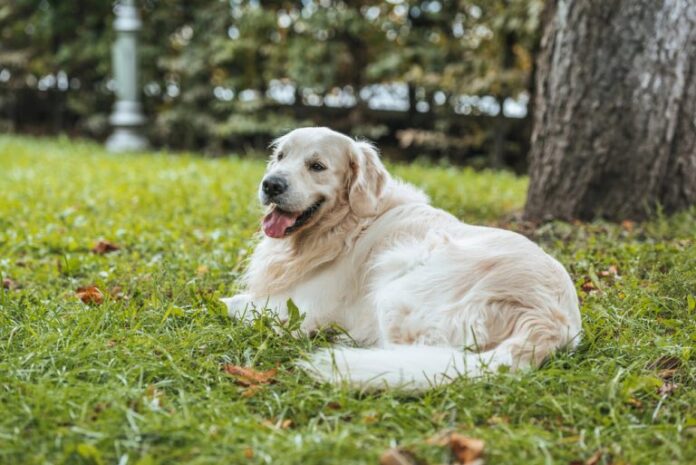Kanye West wasn’t probably talking about pet poop when he came up with the lyrics for Lift Yourself. But he does rap a whole lot about poop.
Every pet owner knows the headache of cleaning up after your fur baby. Sometimes, just sometimes it’s late in the evening. There’s no one around. Bruno does his business. Oops, you forgot a bag. What now?
It’s only decent and common courtesy to pick up what your pet left behind, especially in a shared public space.
The same goes for your home. Bruno might be in the backyard most of the time. That doesn’t mean you should leave the business of picking up his dooky for one day in the week. Otherwise, employ a poop scooping service to do the heavy lifting for you. Let us help you understand the etiquette of pet waste management and disposal.
Impact of Pet Waste on the Environment
Dalhousie University professor Dr Tony Walker once spent 10 minutes just picking up 50 discarded bags of dog poop while walking his neighborhood local trail.
Frustrated with pet owners not giving much thought to properly disposing of their dog waste, he wrote a paper. Walker titled it ‘What not to do with dog poop.’ His research was so insightful that it was published in Science of the Total Environment.
He found most pet owners were under the impression that so-called biodegradable bags were compostable. This was far from the truth. These plastics take decades or even longer to degrade.
Did you know that dog feces contain tiny organisms that could cause Salmonella, E. coli, Giardia, and internal parasites? These illnesses are not only a threat to you, but your pet as well, says pet waste removal services Scoop Soldiers.
Abandoned Poop Just as Harmful
There’s a reason why public signs remind you to pick up after your pet. Yes, the aim is to keep public spaces clean. But, it’s also about safeguarding community health.
According to The Conversation, common parasites found in pet feces are hookworms, roundworms and whipworms. That’s a whole lot of worms you don’t want getting anywhere close to you.
Once water has washed abandoned contaminated poop into the soil, parasite eggs can survive for months or even years.
If a human is in contact with contaminated soil, hookworm and roundworm larvae move into the bloodstream and the lungs.
Here’s where things turn sci-fi. The parasites attach themselves to the intestinal wall and help themselves to essential nutrients the host needs to stay healthy.
As mentioned before, your pets are also at risk. Poop left out in the open could contain viruses that cause canine coronavirus and parvovirus. They are especially dangerous to dogs and cats.
Hire a Professional
Although not regarded as environmentally friendly, most people dispose of their pet waste by bagging and flushing it or burying it in the garden. If using this method, make sure the poop bags are compostable and not biodegradable.
You could invest in a canine waste disposal system that is essentially a septic tank you bury in the backyard. Occasionally add water and enzymes.
Here’s an interesting fact. About 40% of Americans refuse to pick up their pet waste. Because of this, the U.S. is struggling to keep the bacteria found in dog waste away from urban waterways.
Let’s say you’re one of those who gag at the thought of dog poop. A poop scooping service could be a viable option. Pet waste disposal companies have been in high demand since people became more germ-conscious following the pandemic.
The industry is set to grow even bigger as disposal methods are aligned with environmental standards. Instead of composting pet waste, most companies bag the poop and take it to the landfill. Find out if your local pet waste collection service uses eco-friendly methods.
Educate Yourself
As a pet owner, it’s your responsibility to take preventative measures. Not washing poop into the soil and taking your pets for scheduled deworming can make a huge difference.
Cities have a part to play by enforcing leash laws and providing specially marked bins in public spaces. Educate pet owners on their duties in helping keep suburban areas poop-free.
The government could join in and devise policies that go beyond fines. Technically, you are breaking the law for refusing to pick up your dog’s poop. Some states have regulations and rules that govern pet waste disposal. These need to be instituted at a national level if we want to see any real change.
We can’t tell our pets to clean up after themselves like we do with kids. If we don’t get the job done, nobody will. Just scoop the poop or pay a professional to do it for you. No more excuses.
